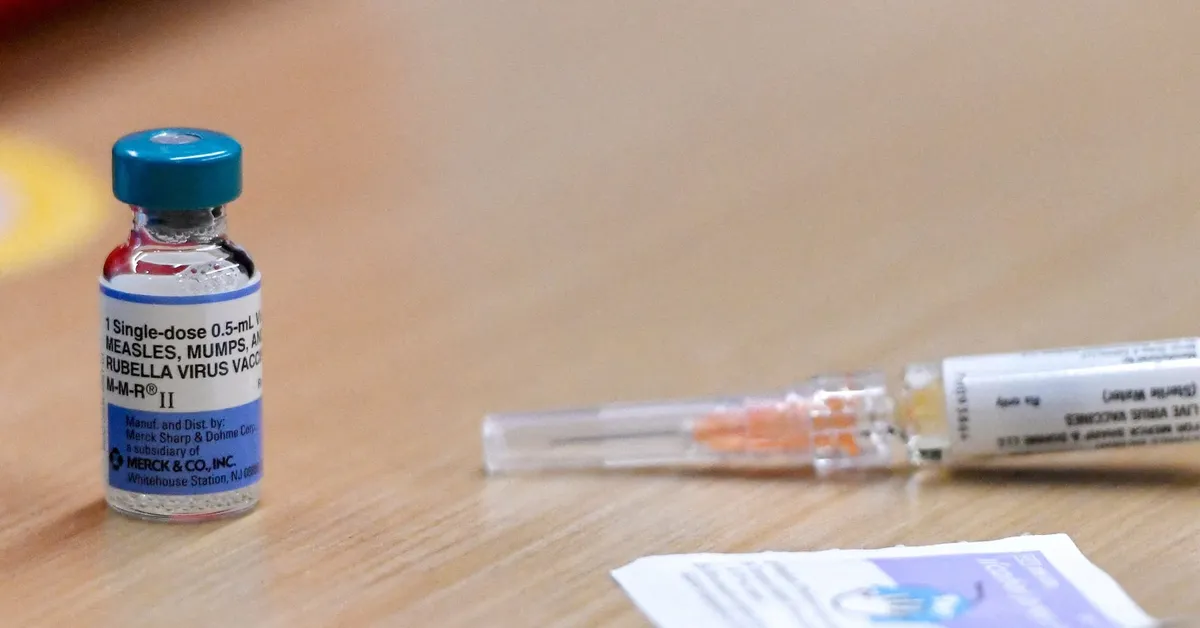
On March 26, the U.S. Department of Health and Human Services (HHS) announced the cancellation of approximately $12 billion in federal grants that were initially allocated to states during the COVID-19 pandemic. This decision has sparked significant backlash from lawmakers and state officials, who argue that these funds were essential for tracking, preventing, and controlling various infectious diseases, including measles and bird flu, as well as for addressing critical mental health services and addiction treatment.
Public health officials in Lubbock, Texas, reported that they received orders to halt work supported by three critical grants aimed at combating the ongoing measles outbreak in the area. According to a spokesperson for the city’s public health director, Katherine Wells, these funds were primarily utilized for COVID-19 testing, vaccinations, and other pandemic-related responses. The HHS stated that termination notices for these grants began on Monday, emphasizing the conclusion of the pandemic and their intent to stop what they termed “wasteful spending of taxpayer dollars.”
Senator Patty Murray expressed her outrage, noting that Washington state lost over $160 million in funding, impacting more than 200 jobs in the health department and various community organizations. Murray called on the administration to reconsider this decision, arguing that it would severely undermine the state's ability to protect its residents from infectious diseases and provide necessary mental health and addiction services.
In New York, Governor Kathy Hochul announced that her office was informed of an impending cut of over $300 million in funding for the state's Department of Health, Office of Addiction Supports and Services, and Office of Mental Health. She vowed to vigorously oppose these federal funding cuts, emphasizing the detrimental effects they would have on public health initiatives.
Similarly, the Illinois Department of Public Health and 97 local health departments faced a loss of $125 million allocated for preventing and controlling emerging infectious diseases, according to Governor JB Pritzker. In Massachusetts, the funding was crucial for tracking mental health services and addressing urgent health issues, as highlighted by Democratic Governor Maura Healey.
The decision to cut these vital funds aligns with the broader trend initiated by the Trump administration, aimed at reducing federal spending and dismantling various public health programs. This approach has resulted in the removal of several programs and significant downsizing of federal agencies, leading to job losses for tens of thousands of federal workers.
Currently, the HHS is led by Robert F. Kennedy Jr., a well-known vaccine critic who has committed to addressing chronic disease issues. His appointment has raised concerns among medical experts regarding the future direction of public health policy in the United States.
As the situation unfolds, the implications of these funding cuts on public health initiatives across the nation remain to be seen, with many advocates urging the government to prioritize the health and safety of citizens.